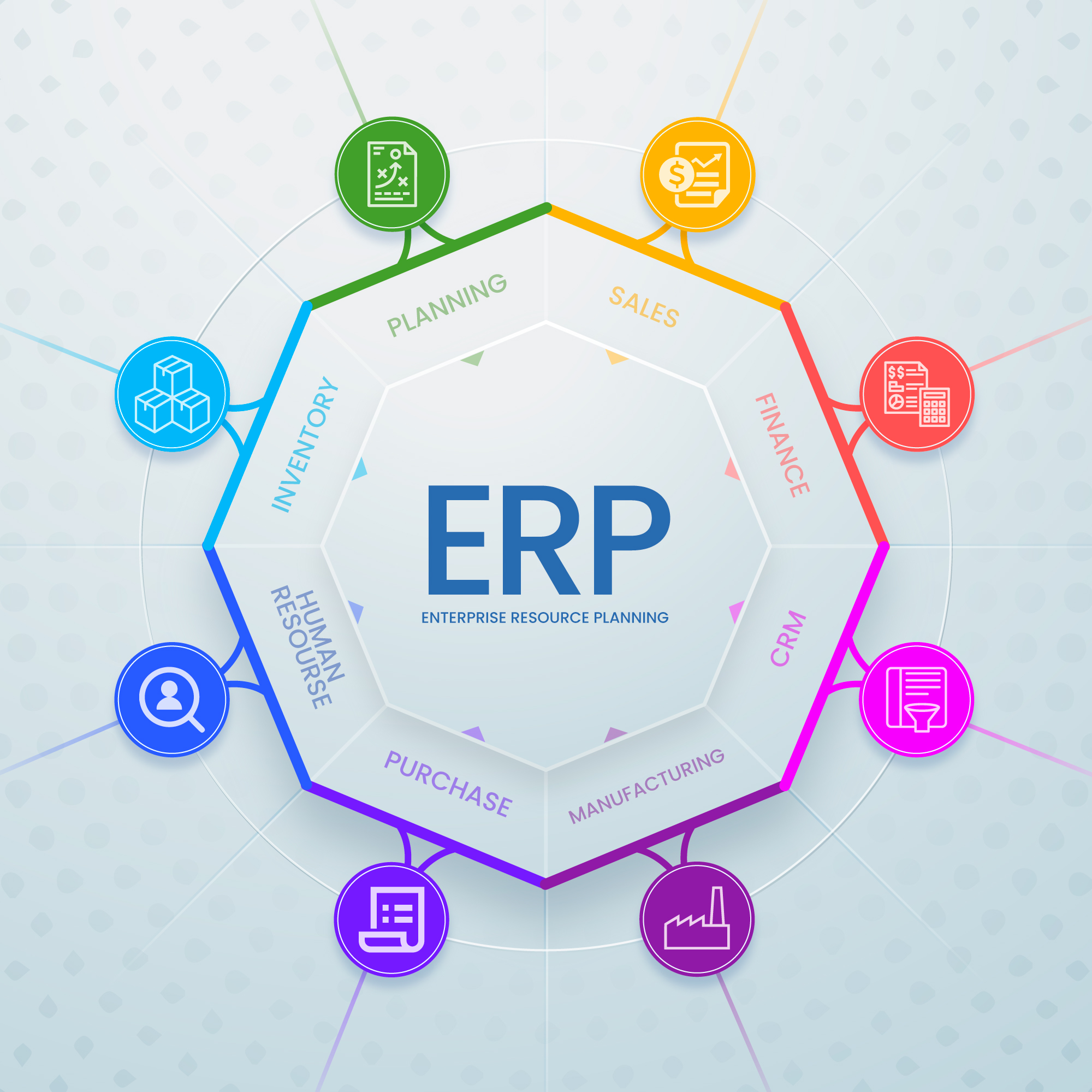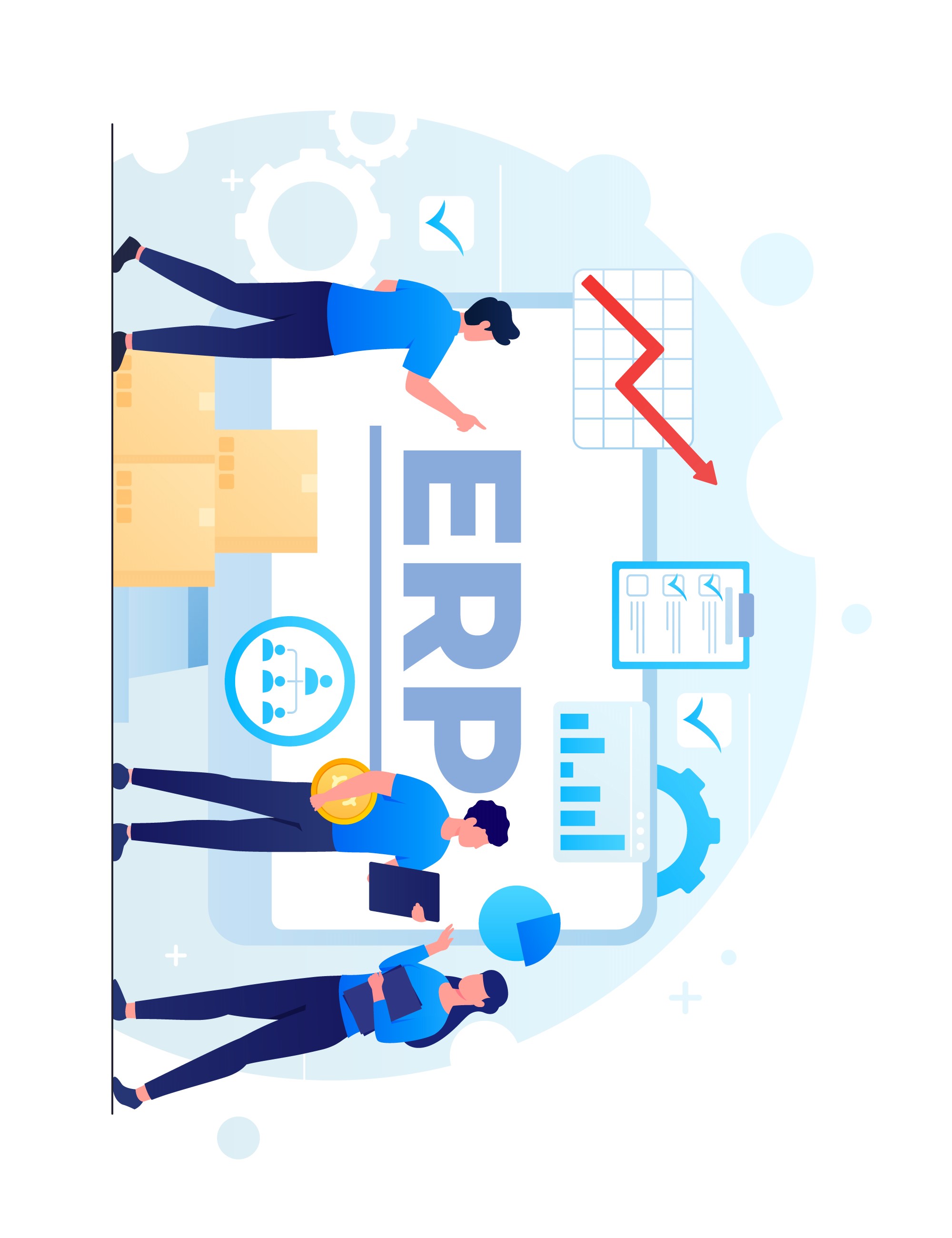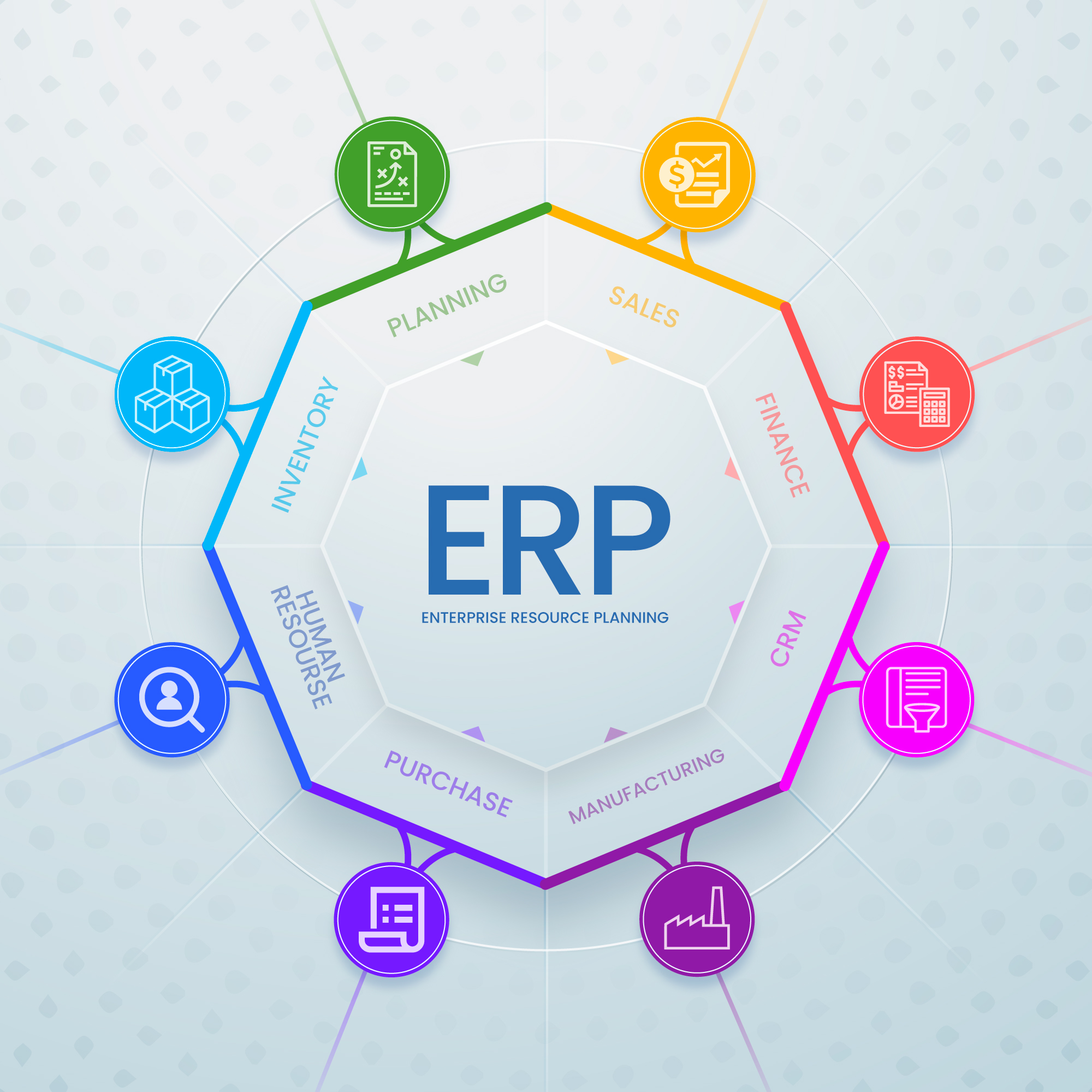 Automated Blog-to-Social Sharing – Publish Once. Appear Everywhere!
Automated Blog-to-Social Sharing – Publish Once. Appear Everywhere!
The Role of CRM in Cloud Computing in Driving Business Growth
Written by Mathew Paul » Updated on: June 17th, 2025

With the era of digital transformation, cloud computing has become the game-changer for integrating it with Customer Relationship Management (CRM). The global market for CRM solutions will be over $98 billion in 2025, largely due to the adoption of cloud-based technologies. This is a surge showing how businesses are using CRM in cloud computing to stay ahead of the curve and engage their customers better.
Cloud-based CRM solutions provide flexibility, scalability, and higher data-driven insights, which can help businesses to thrive in a customer-centric world.
Why CRM in Cloud Computing is Important
CRM has brought about a revolution in customer management strategies with the implementation of cloud computing. Here are some of the most important reasons that have made this combination inevitable for business growth:
24/7 Accessibility:
- Cloud-based CRM allows teams to access customer data anytime, anywhere. This guarantees smooth operation, especially in a remote or hybrid work environment.
Enhanced Collaboration:
- Cloud solutions enhance team collaboration by providing a centralized platform for sharing customer information across departments.
Scalability:
- Businesses can scale their CRM capabilities without the limitations of infrastructure and thus adapt to the market demand immediately.
Cost-Effectiveness:
- Cloud computing solutions ensure that expensive hardware and costs of maintenance are absent, so CRM is something that business organizations of all magnitudes can afford.
Advantages of CRM in the Cloud to Business Growth
Customer Intelligence
- Cloud computing-based CRM systems use advanced analytics to enable actionable insights into customer behaviors.
- Businesses can accurately predict trends and tailor products and offerings to enhance customers' experience and loyalty towards the businesses.
Sales and Marketing Processes
- Cloud-based CRM with automation facilitates streamlined sales processes and marketing campaigns.
- Businesses can track leads, monitor conversion, and execute personalized marketing strategies efficiently.
Customer Experience
- Real-time data would allow businesses to respond efficiently to customer inquiries and even concerns.
- Features like chats and AI integration enhance the level of customer experience.
Data Security and Regulatory Compliance
- Reputable companies offering cloud-based CRM usually have robust security measures on board, such as encryption and regular audits.
- Compliance with regulations such as the GDPR ensures data integrity and can be trusted.
Integration with Other Applications
- Cloud CRM can seamlessly integrate with other business tools, such as ERP systems, email marketing platforms, and social media analytics.
- This helps in improving operational efficiency by providing a holistic view of business operations.
Emerging CRM Trends in Cloud Computing for 2025
- AI-Powered Analytics: Artificial intelligence transforms the way CRM systems handle data analysis, providing predictive insights and automating mundane tasks.
- Mobile CRM: The increase in mobile usage is helping the optimization of mobile interfaces of the CRM platforms so that a customer's data can be accessed on the go.
- Omnichannel Integration: Cloud-based CRM helps unify customer interactions across channels like email, social media, and chat apps through business.
- Sustainability Focus: Cloud-based CRM solutions are becoming energy efficient as well and align with global sustainability goals.
Conclusion
The adoption of CRM through cloud computing is no more a want but a necessity in times of competition as businesses that want to be afloat beyond 2025. Scaling, flexibility, and all data-driven insight will create an empowered sense of growth for businesses in streamlining and improving customer engagement and subsequently driving operations.
CRM in cloud computing is investing in ensuring that businesses can keep up with the demands of a digitally connected world and, at the same time, maintain healthy relationships with their customers. As technology advances and customers' expectations grow, utilizing cloud-based CRM is one of the strategic moves for sustaining success.
Note: IndiBlogHub features both user-submitted and editorial content. We do not verify third-party contributions. Read our Disclaimer and Privacy Policyfor details.
Copyright © 2019-2025 IndiBlogHub.com. All rights reserved. Hosted on DigitalOcean for fast, reliable performance.
















